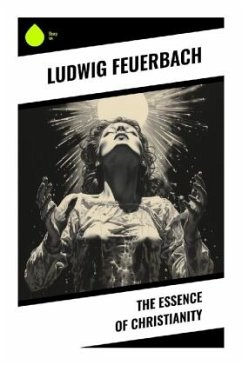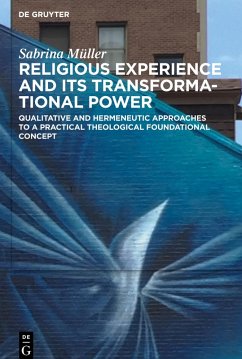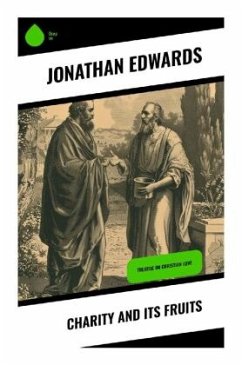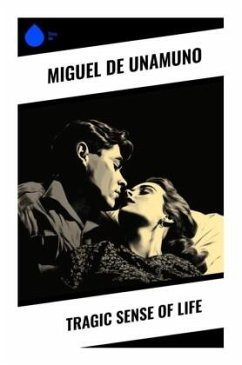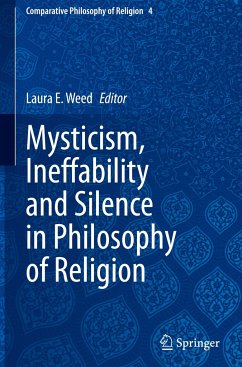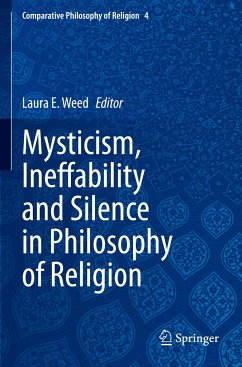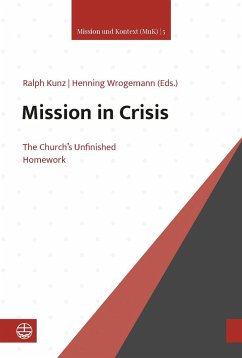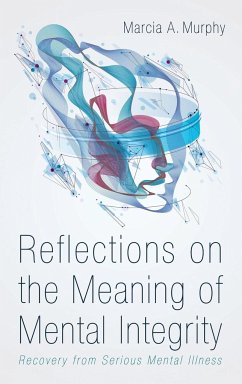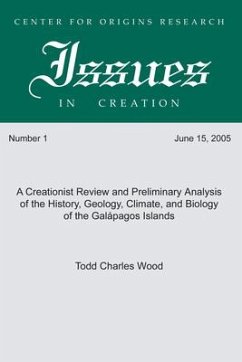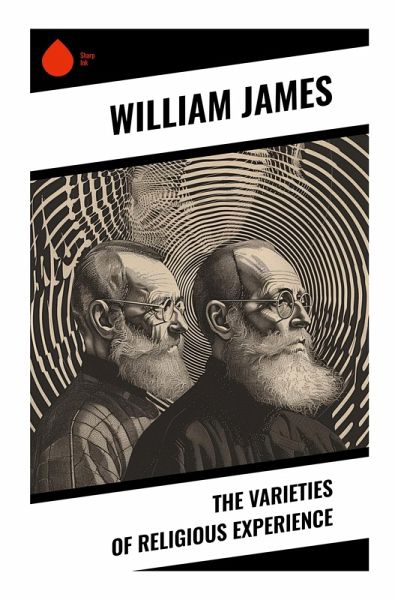
The Varieties of Religious Experience
Versandkostenfrei!
Versandfertig in 6-10 Tagen
16,70 €
inkl. MwSt.

PAYBACK Punkte
0 °P sammeln!
In "The Varieties of Religious Experience," William James offers a profound exploration of the individual experience of religion, departing from traditional dogmatic approaches to spirituality. Through a series of lectures delivered at the University of Edinburgh, James employs an empirical and psychological lens, examining diverse religious phenomena and their significance in human life. This text is notable for its eclectic style, weaving personal testimonies, philosophical inquiry, and scientific observation, establishing a framework that recognizes the complexity of spiritual experience ac...
In "The Varieties of Religious Experience," William James offers a profound exploration of the individual experience of religion, departing from traditional dogmatic approaches to spirituality. Through a series of lectures delivered at the University of Edinburgh, James employs an empirical and psychological lens, examining diverse religious phenomena and their significance in human life. This text is notable for its eclectic style, weaving personal testimonies, philosophical inquiry, and scientific observation, establishing a framework that recognizes the complexity of spiritual experience across cultures and epochs. William James (1842-1910), a pioneering psychologist and philosopher, sought to bridge the gap between science and mysticism, influenced by his own diverse encounters with belief systems and his philosophical inclination towards pragmatism. His interdisciplinary background in psychology, philosophy, and physiology contributed to his nuanced understanding of how personal experiences shape religious beliefs, making him an authoritative voice in both the psychological and philosophical domains of spiritual inquiry. This remarkable work is recommended for anyone seeking insight into the depths of human spirituality, whether they approach faith from a secular perspective or a devout one. James's thoughtful analysis encourages readers to appreciate the richness of religious experiences and their profound impact on personal identity and meaning.



